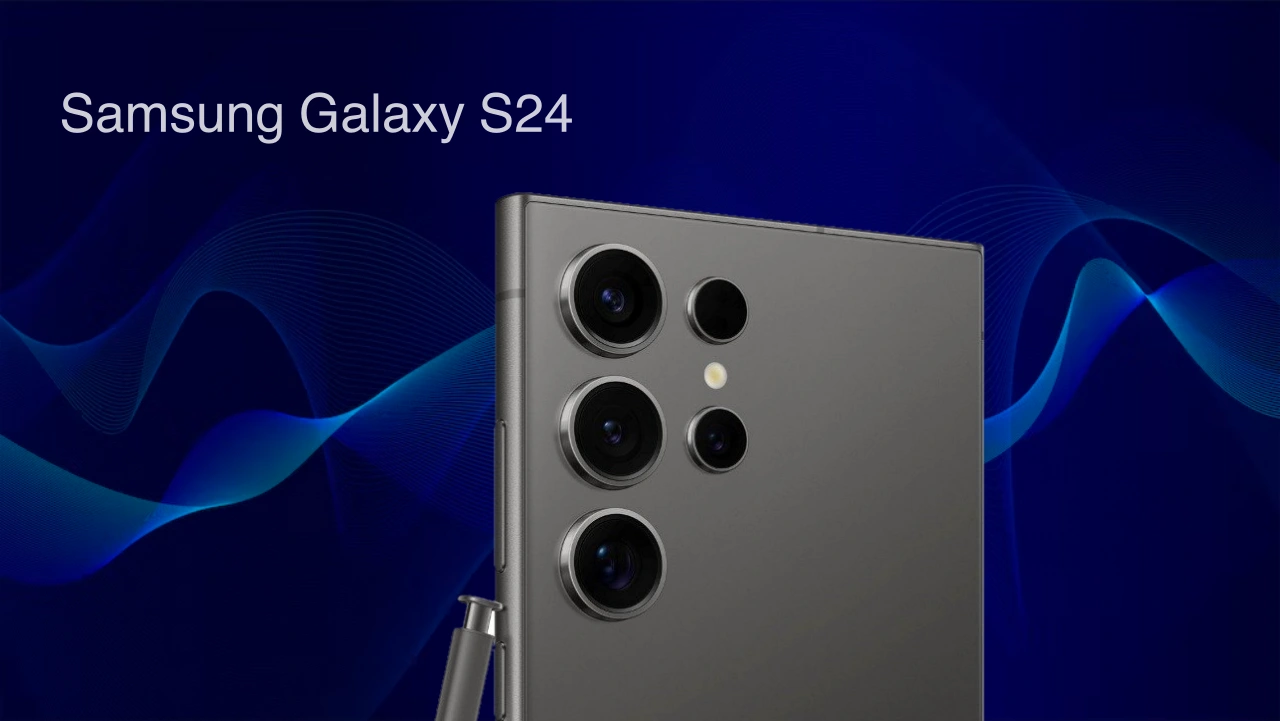In a strategic move to spearhead the race towards Artificial General Intelligence (AGI), Meta is undergoing a significant reorganization within its AI divisions. Mark Zuckerberg, intensifying his focus on the company’s AI research, announced this transformation with the aim to expedite their pursuit of AGI and enhance the metaverse.
Unifying Forces: Fundamental AI Research and Generative AI Experiences
Meta’s current AI landscape comprises two key teams: the Fundamental AI Research (FAIR) team, established in 2013, and a team dedicated to crafting generative AI experiences for app users. With this transformation, Zuckerberg aims to synergize these teams, bringing them “closer together.” The objective is to fortify both groups, fostering a collaborative environment to propel Meta’s AI endeavors to new heights.
Ambitious Expansion Amidst Company Restructuring
While specific details about the number of new hires for Meta’s AI efforts remain undisclosed, this move toward expansion is particularly noteworthy as Meta has undergone a significant downsizing, shedding over 20,000 jobs since 2022. Zuckerberg, in a video shared on Threads, expressed that these changes are geared towards supporting Meta’s long-term goals of building general intelligence, open-sourcing it responsibly, and integrating it seamlessly into our daily lives.
Meta’s AI Infrastructure: A Formidable Arsenal
Highlighting Meta’s commitment to AGI, Zuckerberg revealed impressive statistics regarding the company’s AI infrastructure. By the end of the year, Meta is set to possess around 350,000 Nvidia H100s, with an overall computing power of approximately 600,000 H100 equivalents, encompassing various other GPUs. This massive investment underscores Meta’s dedication to creating a robust foundation for AGI research.
The Symbiosis of Artificial General Intelligence and the Metaverse
Zuckerberg emphasized the interconnectedness of Meta’s AI pursuits and the metaverse, a recurrent theme in his strategic vision. Despite the metaverse’s current lack of widespread understanding or popularity, Zuckerberg is steadfast in his belief that advancements in AI will catalyze its growth. He envisions a future where individuals routinely engage with AIs through smart glasses, such as the innovative Ray Ban Meta, leading to a paradigm shift by the end of the decade.
Potential Risks: Meta’s Vision for the Future
While Zuckerberg’s strategy to intertwine AI advancements with the metaverse is not entirely novel, it is not without risks. The metaverse remains a concept not universally comprehended or embraced. However, Zuckerberg remains optimistic, pinning hopes on the improvement of smart glasses and the embedded AI as catalysts for widespread acceptance.
In conclusion, Meta’s reorganization signifies a bold step towards Artificial General Intelligence, positioning the company as a major player in the competitive landscape of generative AI. With substantial investments in infrastructure and a clear vision for the symbiosis of AI and the metaverse, Meta charts a course that, if successful, could redefine the future of technology and human interaction.



















